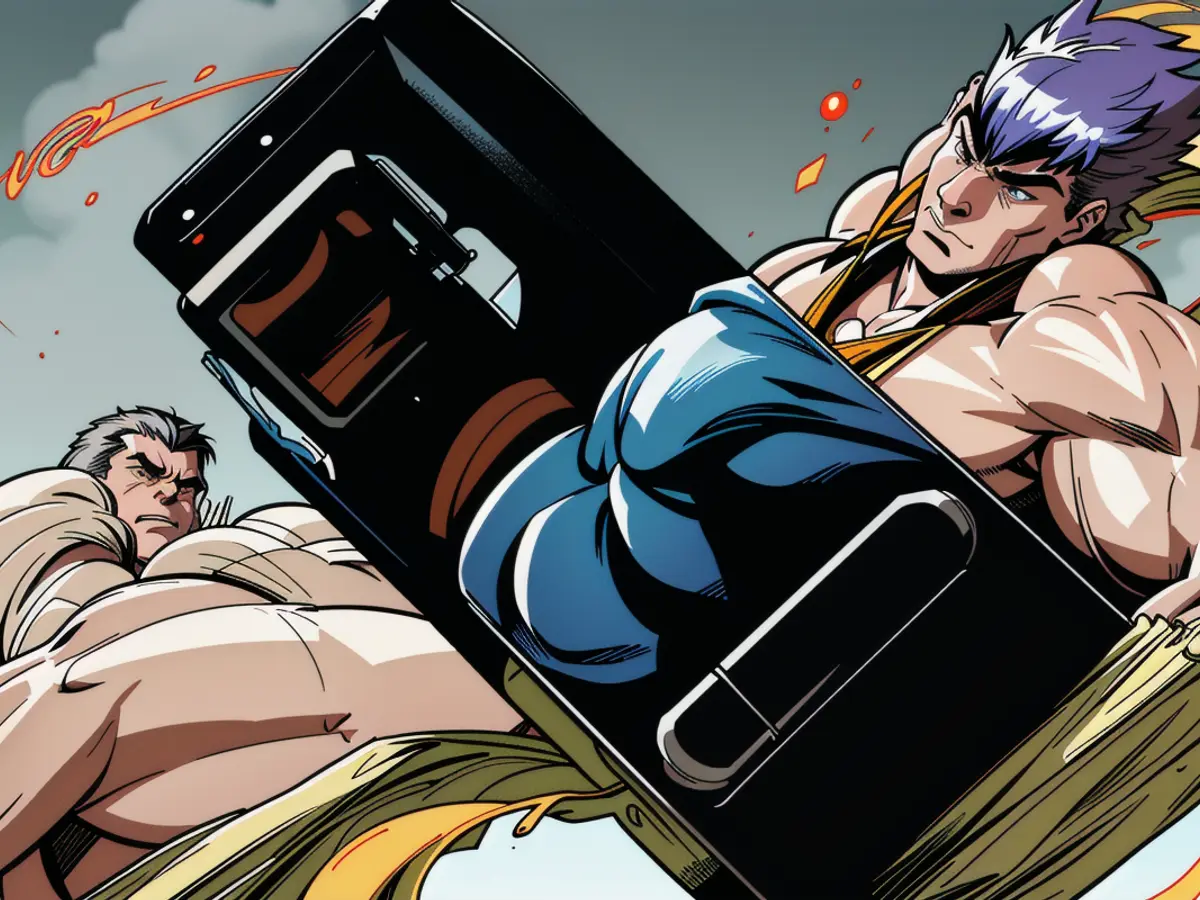Legal Professionals Submit Accusations against Apple for Purported Misuse of Conflict Materials
The present day relies heavily on scarce minerals. Corporations such as Apple require substantial quantities of these scarcely available elements to manufacture the gadgets that power our contemporary world. The Democratic Republic of Congo (DRC), a region with a long history of conflicts over these minerals, has filed criminal charges against Apple in France and Belgium. The DRC alleges that Apple has been using conflict minerals in its supply chain, specifically tin, tantalum, and tungsten, commonly referred to as 3T.
The DRC is renowned for its abundant 3T deposits, and global powers have for years ventured to this region to mine and extract these resources. Per the DRC and its legal team, these minerals have been illegally extracted by armed groups and subsequently laundered into the global supply chain, where Apple procures them.
As stated by Robert Amsterdam, a lawyer representing the DRC, "Paint Apple red, not green. It's a trillion-dollar company that should be held accountable for the repercussions of its actions. No more evading responsibility by hiding behind the tale of supply chain defenses!"
The criminal case against Apple has been in the works for quite some time. This team of lawyers has collaborated with the DRC for years, attempting to get Apple to disclose where it sources its 3T. According to the lawyers, Apple has been less than cooperative.
Last year, Apple submitted a report to the U.S. Securities and Exchange Commission, claiming it had mapped its 3T supply chains. "Due to our diligent efforts, including analyzing the data provided by third-party audit programs, upstream traceability programs, and our suppliers, we found no reasonable basis to conclude that any of the smelters or refiners of 3TG, identified as being in our supply chain as of December 31, 2023, had directly or indirectly financed or benefited armed groups in the DRC or an adjacent country."
Eastern Congo is well-known for its mineral reserves and humanitarian crises. A tangled network of militias, Russian mercenaries, and Chinese business interests has resulted in a territory plagued by displaced people and transactions conducted under the threat of a gun. Millions have been displaced and countless lives have been lost due to the conflict. In certain communities, locals have even welcomed rebranded Wagner mercenaries from Eastern Europe and Russia with open arms, despite the ongoing violence. Mining operations continue, extracting wealth from the land.
Authorities in Belgium and France will examine the DRC's criminal complaint and determine their next course of action. History, however, is not on their side. In March, a U.S. court of appeals dismissed a similar criminal complaint from the DRC that accused Apple, Google, Dell, and Tesla of profiting from child labor in the country. In his statement, Amsterdam referred to this new criminal complaint as the "initial volley in a series of judicial actions."
The DRC's legal team aims to utilize technology and tech giants' future commitments to sustainability, urging companies like Apple to incorporate more ethical sourcing practices for minerals such as tin, tantalum, and tungsten. Despite Apple's reported claims of mapping its 3T supply chains, the DRC alleges that the tech giant has yet to fully disclose its sources.
In light of the ongoing case, Apple may need to reconsider its reliance on scarce minerals, exploring potential advancements in future technologies that could reduce or eliminate the need for such minerals in its manufacturing processes.








